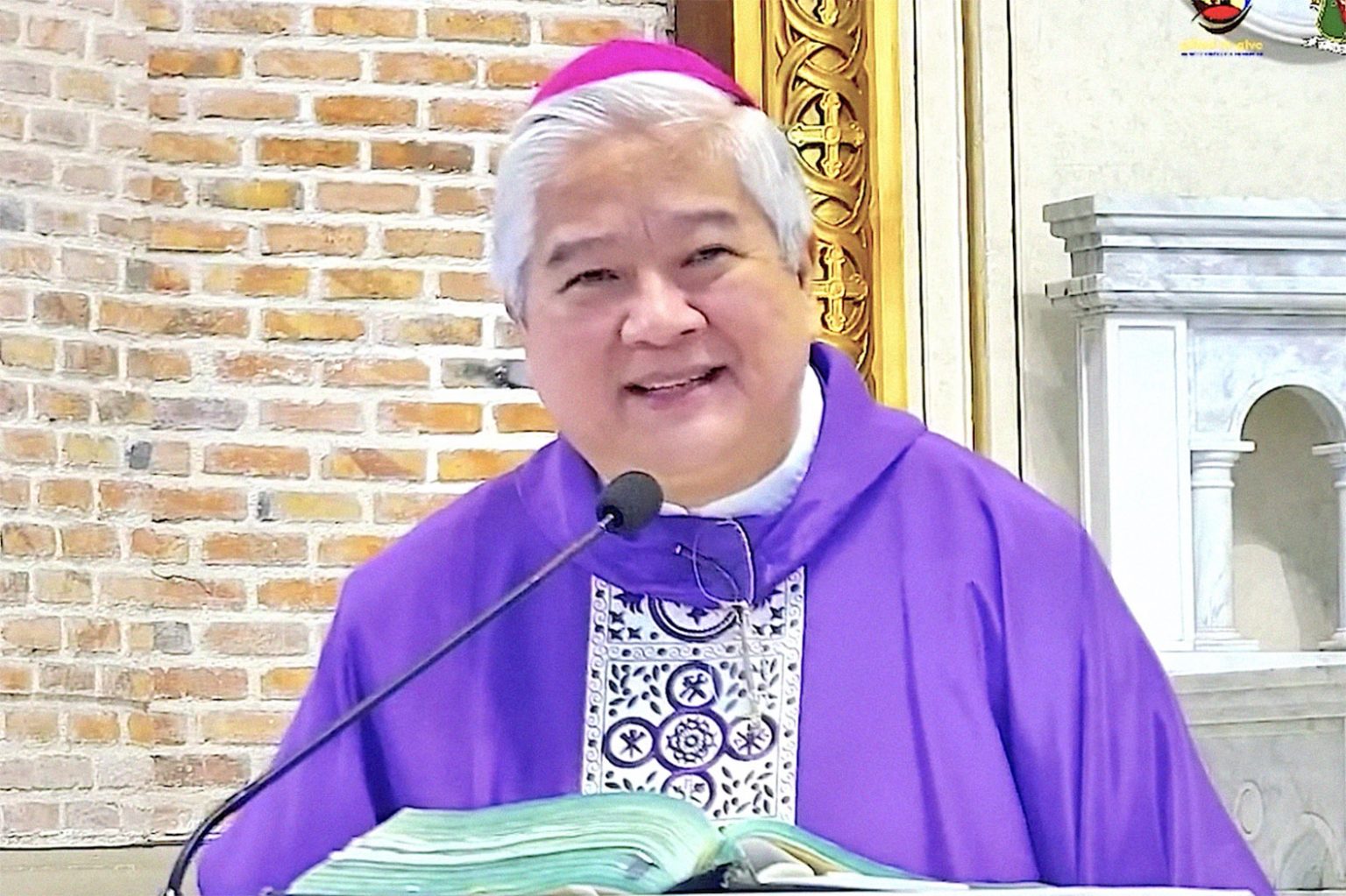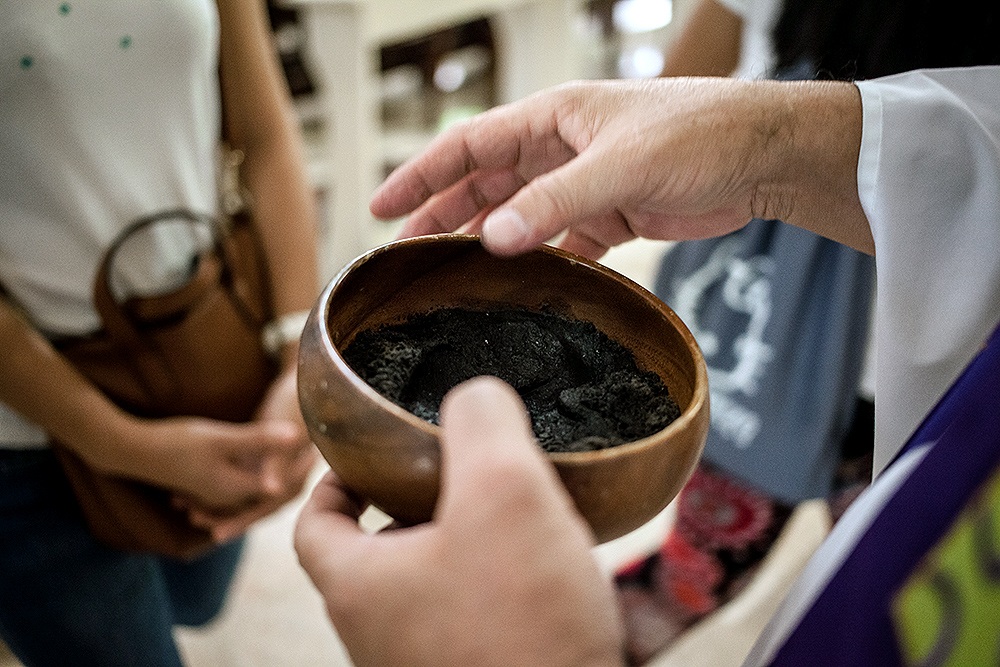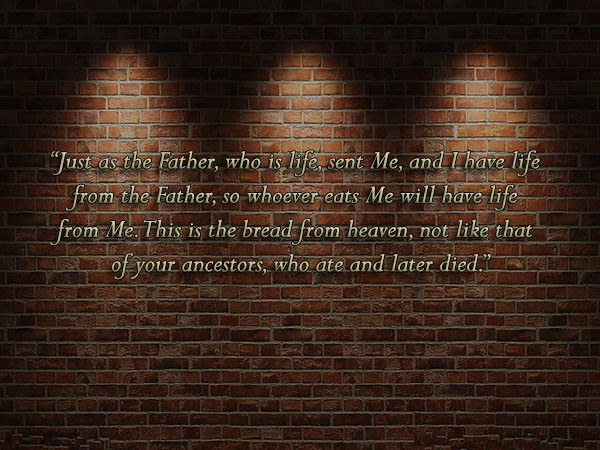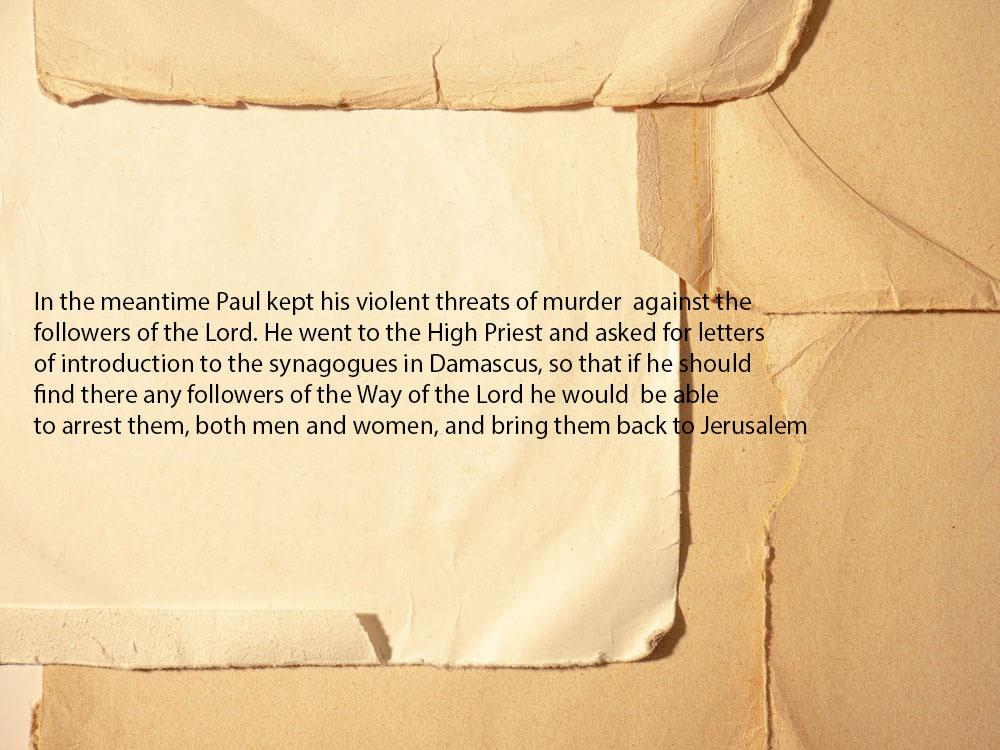by Br. Jess Matias, ofs
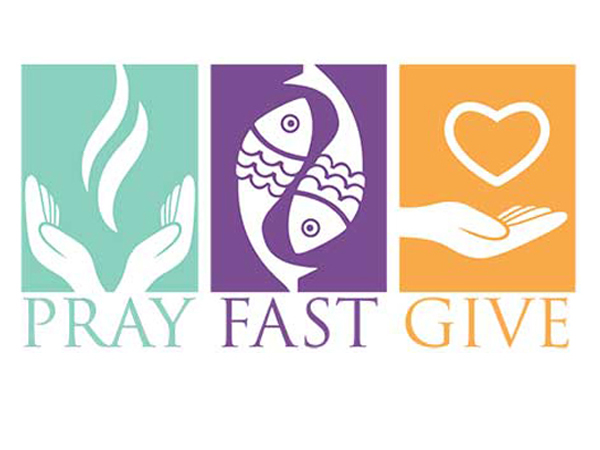 The manner in which we live and endure our earthly lives, is almost always taken for granted. As if endurance were not enough. Life perhaps to not a few people, has become predictable, typical in most ways – and observable.
The manner in which we live and endure our earthly lives, is almost always taken for granted. As if endurance were not enough. Life perhaps to not a few people, has become predictable, typical in most ways – and observable.
We witnessed what our parents did, what their parents did, all in fulfillment of normal human existence, living the same lives over and over again that were never questioned in the name of tradition and practicality.
We live lives based on a rhythm of finding meaning in the joys and sorrows of our earthly journey, going through the rites-of-passage that supposedly helps each generation to understand. Unfortunately, with each passing generation, the zeal of the rhythm gradually loses itself in the quagmire of change, leaving the rhythm to play by itself, with us dancing to the music of a forgotten and neglected past.
We also live lives prevailed upon by matters of money. Money has always been important to our survival, much like stone weapons in ancient times. We are born; we eat and drink ourselves to a spiritual stupor; we sleep everyday; we study and learn to obtain the “better life”; we work for more than half our years, spending and saving for our children, and finally passing on to silent contemplation of past errors, wrong decisions and missed opportunities.
We have always believed that this life is the ONLY life, and that there is no other. It is indeed difficult to imagine that there is. Life is then a single, big opportunity whose greatest potential must be achieved, because there are no second chances.
Is it because we live life only once that we are inclined to think only of ourselves?
Is it because there are no second chances, that we are driven to obtain the most in the least possible time? Are we deeply compelled to more than just a “competitive spirit”, that the “fullness of human life” can only be achieved at the cost of beastly ferocity?
Is it because we live life only once that we are anxious of leaving a legacy of sorts?
Is it because we live life only once that we justify our craving for life’s pleasures and our “need” to indulge in it as much as we can?
Is it because we live life only once that we rationalize the consequences of our frivolities, instead of confronting the pain caused by the mistakes we made?
Is it because we believe and act as if there is only one life to live, that pride, war, hatred, selfishness, persecution, obscenity, indifference and despair exist?
Can you see the irony that because we think there is only one life to live, that we are all driven to make each other’s lives miserable?
Then it follows that we should not think of only one life. We should believe in living MORE THAN ONE LIFE – perhaps living two lives at the same time.
If you knew you had enough time, if you know you always have second chances, would you care so much as to making it “perfect” in the first try? Would you care so much as to what this life has to offer? Would you care so much only about yourself, or would you then have time for others?
It is in the hope of a greater life that we begin to think about peace, that we begin to accept being mocked because we call and stand for peace.
It is in the hope of a greater life that we allow ourselves to be humbled for others’ sake, that we can now understand and try loving our enemies.
It is in the hope of a greater life that we find the courage to suffer, to forgive and even forget as well.
It is in the hope of a greater life that we find the strength to be responsible for our mistakes, to remain chaste and faithful to one’s love.
Every year, the season of Lent reminds us that there is a greater life to be lived, a life made so precious by the victory on Calvary. We are not choosing to remember only the sorrow of His death on the cross, or only the ecstasy of His resurrection; we are called to live it. The miracle of the beginning of this second, more important life requires the telling and retelling of the whole story of His Passion, from suffering given to God, to the glory given by God. One complements the other, in the same way the importance of food is much more deeply felt in direct proportion to the gravity of the hunger that preceded it.
If our lives are then to have meaning; if we desire peace, love, humility, chastity, forgiveness, selflessness and an everlasting mindset for our future brethren that their lives can be lived differently – for each other rather than against each other – should we not live the Lenten life throughout the year, instead of only for a season? Are not the promises of God worth a life lived in prayer and charity?




